What is Encounter-Centered Couples Therapy
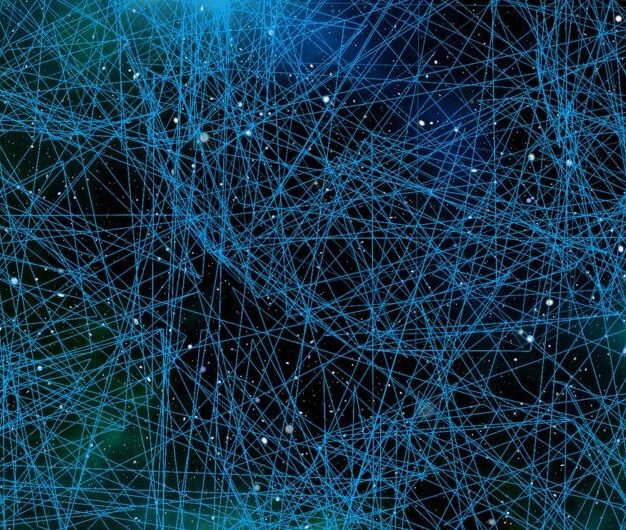
Encounter-Centered Couples Therapy (EcCT) is an innovative approach to couples therapy that emphasizes the importance of authentic, emotionally engaged encounters between partners. This article provides an in-depth exploration of EcCT, including its core tenets, development, influencers, cultural context, interventions, goals, and evidence base.
Core Assumptions and Tenets
EcCT is grounded in the belief that couples often struggle due to a lack of genuine, emotionally intimate encounters. The model assumes that:
- Authentic, emotionally engaged encounters are crucial for the health and vitality of romantic relationships.
- Couples often develop patterns of emotional disengagement and experiential avoidance that contribute to relationship distress.
- Facilitating genuine, emotionally charged encounters can help couples reconnect and develop greater intimacy and understanding.
- Therapists serve as guides and facilitators, helping couples navigate the challenges of authentic emotional engagement.
Development of EcCT
EcCT was developed by Hedy Schleifer, MA, LMHC, in the early 2000s. Schleifer, a clinical psychologist and couples therapist, drew inspiration from her own personal and professional experiences to create a model that emphasizes the transformative power of authentic encounters.
Hedy Schleifer Biography
Hedy Schleifer, MA, LMHC, is the founder and lead developer of EcCT. She received her master’s degree in clinical psychology from the University of Geneva, Switzerland, and has been working with couples for over 30 years. Schleifer is also a certified Imago Relationship Therapist and has trained extensively in Emotional Focused Therapy (EFT).
Influencers and Collaborators
EcCT integrates elements from various theoretical frameworks and therapeutic approaches, including:
- Imago Relationship Therapy (Harville Hendrix, Helen LaKelly Hunt)
- Emotionally Focused Therapy (Sue Johnson)
- Gestalt therapy (Fritz Perls)
- Attachment theory (John Bowlby, Mary Ainsworth)
Schleifer has collaborated with her husband, Yumi Schleifer, in refining and teaching the EcCT model.
Cultural and Economic Context
EcCT emerged in the early 2000s, a time of increasing awareness about the importance of emotional intelligence and authentic communication in relationships. The model sought to address the need for a couples therapy approach that could help partners develop greater emotional intimacy and connection.
Timeline of EcCT Development
- Early 2000s: Initial development of EcCT begins
- 2005: First EcCT workshops offered
- 2010: EcCT Training Program established
- 2015: EcCT recognized as an innovative couples therapy approach by the International Centre for Excellence in Emotionally Focused Therapy (ICEEFT)
Conceptualization of Trauma, the Unconscious, and Self-Identity
EcCT recognizes the impact of relational trauma on couples’ ability to engage in authentic, emotionally intimate encounters. Traumatic experiences, such as childhood neglect or previous relationship betrayals, are seen as contributing to patterns of emotional disengagement and experiential avoidance.
The model does not explicitly address the unconscious but focuses on the conscious experiences of partners in the present moment. EcCT aims to help couples develop a greater sense of self-awareness and authenticity by facilitating genuine, emotionally charged encounters.
Interventions and Techniques
EcCT employs a range of interventions and techniques, including:
- Encounter structure: Guiding couples through a three-part encounter structure (preparation, engagement, processing) to facilitate authentic, emotionally charged interactions.
- Emotional engagement: Encouraging partners to express their genuine thoughts, feelings, and needs in the moment.
- Empathic reflection: Helping partners develop greater empathy and understanding by reflecting on their own and each other’s experiences.
- Experiential exercises: Using experiential exercises, such as the “Imago Dialogue,” to promote authentic communication and emotional connection.
- Therapist presence: Modeling authentic, emotionally engaged presence and guiding couples through challenging encounters.
Goals and Stages of Treatment
EcCT is typically delivered in 12-20 weekly sessions and progresses through three stages:
- Assessment and alliance-building: Assessing the couple’s relational dynamics and building a therapeutic alliance.
- Encounter facilitation: Guiding couples through a series of authentic, emotionally charged encounters to promote greater intimacy and understanding.
- Integration and consolidation: Helping couples integrate their new experiences and skills into their daily lives and preparing for termination.
The overarching goal of EcCT is to help couples develop greater emotional intimacy, authenticity, and resilience by facilitating genuine, transformative encounters.
Evidence Base
While EcCT has not been extensively researched, preliminary studies suggest that the model can be effective in improving relationship satisfaction, emotional intimacy, and communication among couples. The approach has been recognized as an innovative couples therapy model by the International Centre for Excellence in Emotionally Focused Therapy (ICEEFT).
Contexts of Practice
EcCT is primarily practiced in outpatient mental health settings, including private practices and couples therapy centers. The model has been adapted for use with diverse populations, including same-sex couples and cross-cultural relationships.
Uniqueness and Integration with Other Models
EcCT is unique in its emphasis on authentic, emotionally engaged encounters as the primary mechanism of change in couples therapy. The model integrates elements of Imago Relationship Therapy, Emotionally Focused Therapy, and Gestalt therapy, but maintains a distinct focus on the transformative power of genuine encounters.
Modern therapists can integrate EcCT techniques, such as the encounter structure and experiential exercises, into their existing practice to enhance their work with couples. The model’s emphasis on therapist presence and emotional engagement can complement other couples therapy approaches.
Bibliography
- Schleifer, H., & Schleifer, Y. (2016). Encounter-centered couples therapy: Transforming relationships through authentic engagement. Routledge.
- Schleifer, H. (2018). The transformative power of encounter in couples therapy. The Journal of Imago Relationship Therapy, 3(1), 22-35.
- Hendrix, H., & Hunt, H. L. (2019). Getting the love you want: A guide for couples. St. Martin’s Griffin.
- Johnson, S. M. (2019). Attachment theory in practice: Emotionally focused therapy (EFT) with individuals, couples, and families. Guilford Press.
Further Reading
- Perls, F., Hefferline, R. F., & Goodman, P. (1951). Gestalt therapy: Excitement and growth in the human personality. Julian Press.
- Bowlby, J. (1988). A secure base: Parent-child attachment and healthy human development. Basic Books.
- Greenberg, L. S., & Goldman, R. N. (2008). Emotion-focused couples therapy: The dynamics of emotion, love, and power. American Psychological Association.
- Zielinski, J. J. (1999). Discovering Imago Relationship Therapy. Psychotherapy: Theory, Research, Practice, Training, 36(1), 91-101.

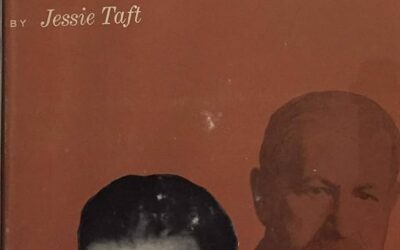
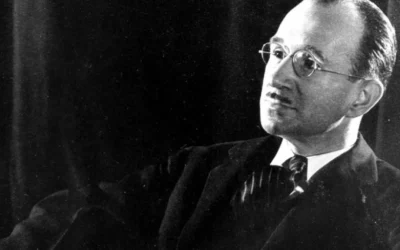
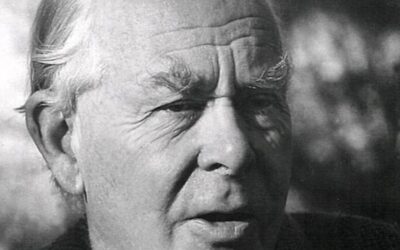
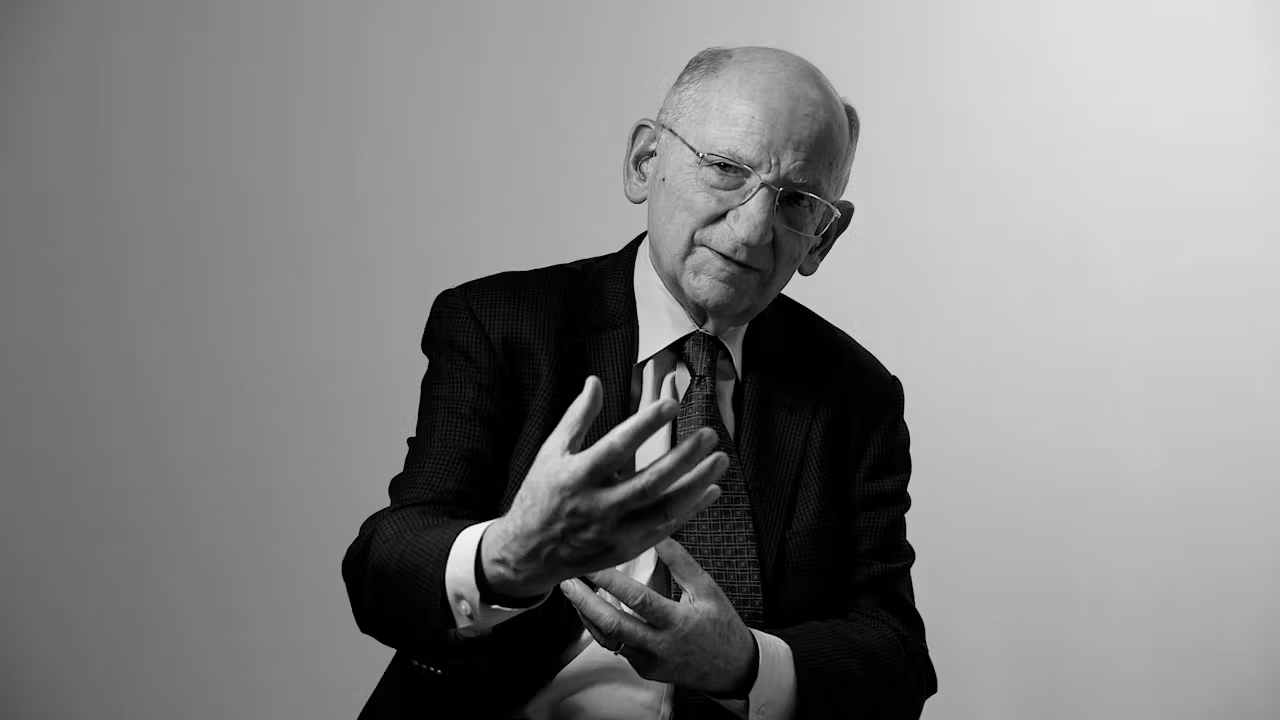
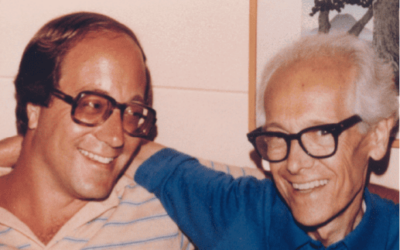
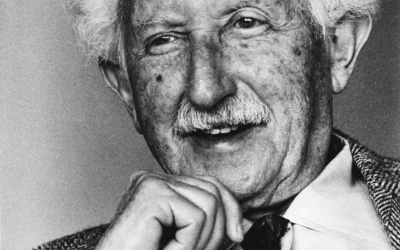
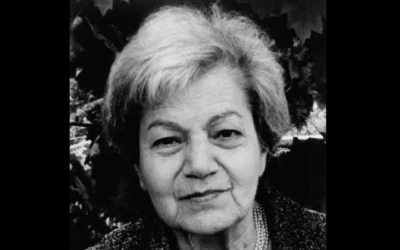
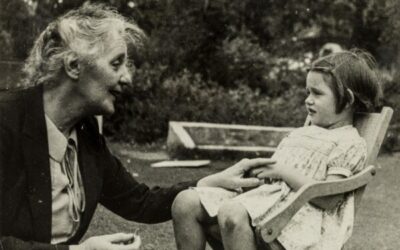
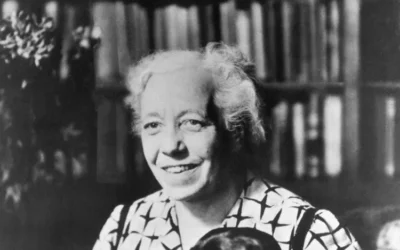
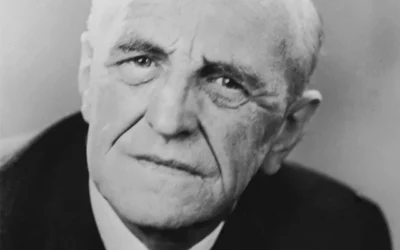


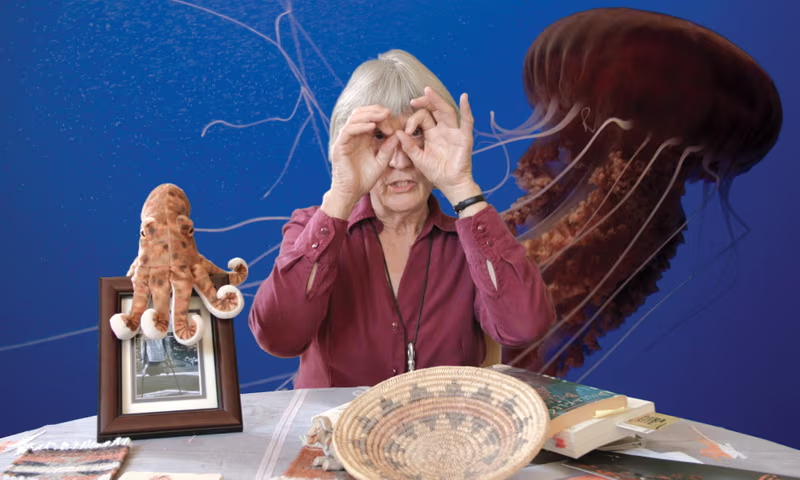
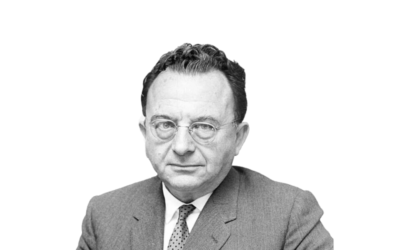
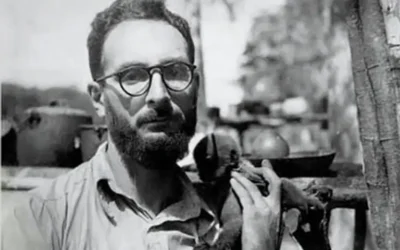


0 Comments